New Delhi: 46-year-old former Indian Navy officer – Kulbhushan Jadhav – who has been sentenced to death by a Pakistani military court on the charges of espionage, has brought to the fore, yet again, the schizophrenic relationship we share with our neighbour.
Calling it a “case of premeditated murder” if Pakistan goes ahead with Jadhav’s execution, India has initiated high-level efforts to raise the issue with Pakistani authorities, with little success. But what options does India have and what affect Jadhav’s sentence will have on Indo-Pak relations is the moot point of the debate.
ScoopWhoop News spoke to former additional secretary in the Cabinet Secretariat, Government of India, Jayadeva Ranade, to gauge his perspective on the issue. Ranade, a seasoned security and intelligence expert with an experience spanning three decades, is a distinguished fellow at the Institute for Peace and Conflict Studies (IPCS), New Delhi. While Ranade’s line of work is focused on Indo-China relations, he has been also involved in matters related to terrorism and Pakistan.
Excerpts from the conversation
SW: As a security expert, how do you look at the case of Jadhav? There must be a logic behind Pakistan’s decision to sentence him to death?
JR: Firstly, the manner in which Pakistanis have brought up Jadhav’s issue on to centrestage indicates very clearly that they have an agenda. The first is to get us into a situation where we are prepared to reopen the suspended talks with Pakistan. They want us to discuss everything like Siachen, Sir Creek etc. It’s a conscious, deliberate action.
I don’t have any exclusive information, but by all accounts, Jadhav has been kidnapped or abducted from Iran. That’s confirmed by the Iranian ambassador in Pakistan. I don’t for a moment believe that he was on a mission in Pakistan. The things don’t add up at all.
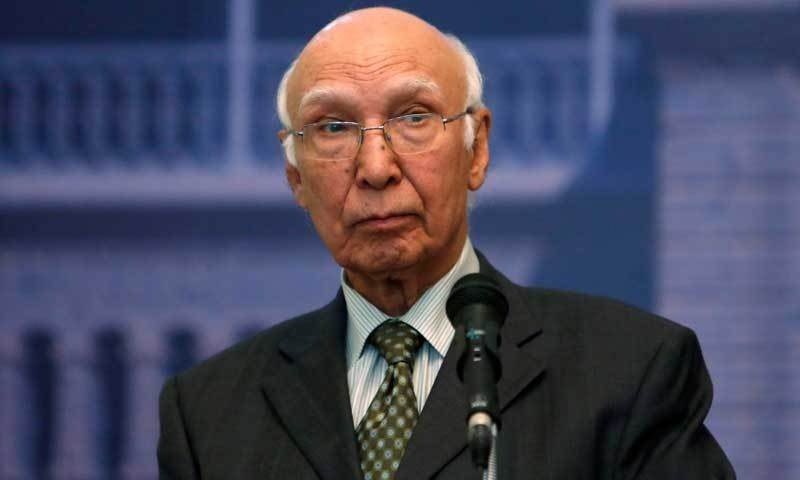
So if he has been kidnapped, it opens up a wider issue. Are our people, and I am talking about ordinary Indians, the ones who are working in Afghanistan, UAE and Iran etc., safe, in such a scenario? They can do it to anyone. Any person with an ex-service background, living in these countries, now becomes susceptible.
People have pointed to Yadav’s passport saying it was in another person’s name and has been renewed also, indicating, that there’s something dubious about his past. That’s a fallacy. I am aware regular passports have been obtained by people through illegal means. A lot of such cases have happened. A lot of the terrorist modules we found here, they had documentation like Aadhaar and a whole lot of other stuff obtained through fraudulent means. He[Jadhav] could be a drug smuggler or he could have done it for some other purpose. Of course it’s wrong, but you can’t claim that he’s an intelligence man.
When Qamar Javed Bajwa was appointed as the Pakistan army chief, there was a bit of hope expressed by the media in India and other places, saying he’s a more reasonable and balanced individual than former army chief Raheel Sharif. That may have, in fact, put him in a corner and with this Bajwa might be suggesting: ‘Everyone thinks I am soft, let me show I am not.’ The army, as an institution, has its own momentum which has pushed him in this direction.
SW: What options does India have to prevent Jadhav’s execution?
JR: The first thing is to try and get Kulbhushan Jadhav back. We have a window of appeal, which we must use. The government will assemble a strong legal team for Jadhav’s appeal. They will also appeal to the president of Pakistan.
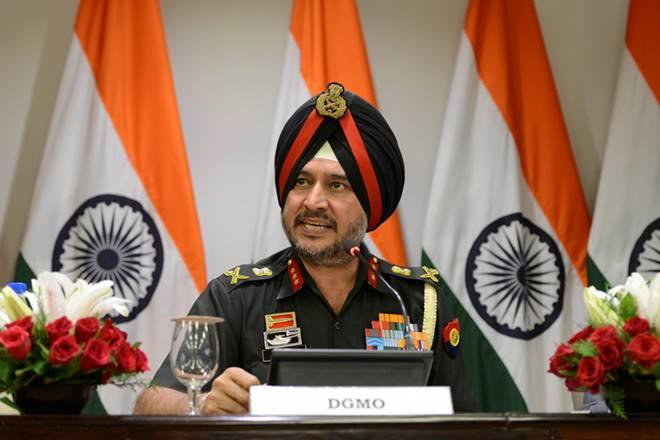
Second is to publicize externally what Pakistan has done. How it has gone against the norms of civilized behavior and not allowed any consular access to Kulbhushan Jadhav. We don’t even know what condition he is in and how was the confession extracted from him.
Third is to open back channels, which I think, are already underway to explore whether we have something Pakistanis want or what we can do. But any such exchange or negotiation that takes place through the government -supported back channels will be expensive for us. It will set a precedent plus, the Pakistanis will ask more than normally what we would have given because of the limited options we have today. .
Let me also say, we must no let Pakistan get away with this, whoever the individual maybe. I think we have to make Pakistan pay for it. And that would require careful thinking how to do that.
SW: What is India’s experience in dealing with such situations in the past? Is there a parallel in India’s Intelligence history where a foreign government has decided to execute an Indian citizen?
JR: I am not aware of a case precisely like this. But many incidents do take place where our cowherds, shepherds, farmers and fisherman etc., have strayed across and have been caught. In some cases, Pakistan, depending on the mood, says they are intelligence officers. In other cases, they call them saboteurs. Usually after a while – because their[Pakistani] guys have also strayed over here – there’s an exchange, in which case I am sure, spies also get released along with others.
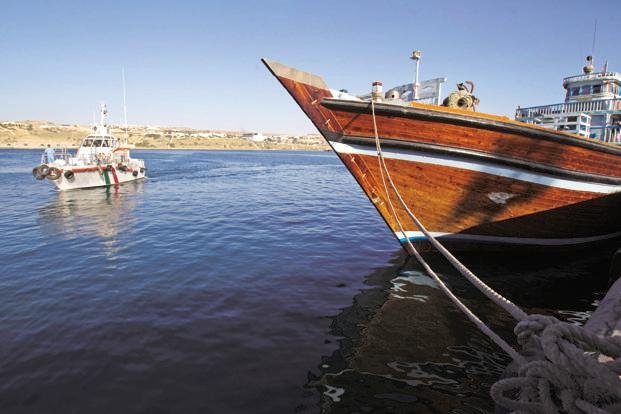
SW: It’s a known strategy that a country will disassociate itself from an intelligence official if he/she’s caught in the line of duty. Pakistan is saying India is doing that only. Your views?
JR: I can confirm the first part of your question that no intelligence agency in the world says this is our man or not. But intelligence agencies always try behind the scenes to get their man back. One intelligence talks to another saying don’t publicize or send their man back. After that, you fix a price, depending upon supply and demand. But in Yadav’s case, I doubt he’s working for us.
SW: Why?
JR: His background. He’s an ex-naval guy and according to reports his business in Chabahar, Iran was failing. He was not making very much.
There are reports he had approached RAW on three occasions and he was rebuffed. It could be. After all, if a man is desperate, he will go wherever he thinks he can get money.
Thirdly, if we need a man to go into Pakistan, we are certainly not that foolish that we will give him an Indian passport and other documents. The basic principle of any intelligence agency, preparing to send a man to hostile country, is to clean his identity. They take a lot of care. A fairly rigorous training regime is followed.
These are big holes in their theory. Why not give him a Pakistani passport and put a false name? And even if he was sent to operate inside Pakistan, why was he in Chabahar? There are allegations he was meeting Balochis, can’t he meet Balochis outside Pakistan?
SW: What’s the usual advice or a framework under which a member of an intelligence agency operates in a country where the official is posted. What’s the general advice to an official in such situations?
JR: There are two categories of people in an agency – intelligence officers and assets. For example, if at all, Jadhav is involved in anything, he would be an asset. He won’t be an officer, because officers operate at a different level.
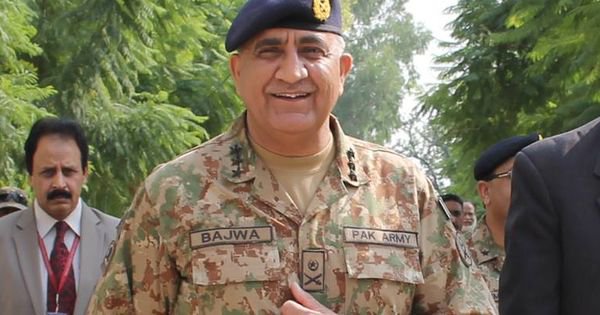
Firstly, an agency ascertains whether the man is physically and mentally tough enough to undertake the job. Since an official operating in any foreign country is working in a hostile environment, he/she has to be mentally and physically tough. You have no friends. You have to basically create your own self.
Then comes training. Depending upon the country an official is going to, he/she is trained in the language, customs, behaviour, religion and other aspects of the region. The official is then given a cover and a new identity. It’s a lengthy process.
SW: If Jadhav is hanged, what impact will it have on Indo-Pak relations?
JR: You know this whole thing could have been handled without publicity but Pakistan chose to make it public. It’s a deliberate step. They have ratcheted the thing up. Obviously they are gambling. I feel we shouldn’t go for talks in this situation. We should talk about this guy and terrorism only. That’s it.
If they hang this man, Pakistan will create a situation where the government of India also has to take some action. There’s a public anger and they’ll expect the government to take action. And they’ll say if you could do a surgical strike then, why not now. Now that may not be the right way to go. But some action, government will have to take.
We have to give Pakistan enough punishment to think about whether this is the right way.
SW: To which level do you see tensions escalate if Jadhav is hanged? What should be India’s strategy?
JR: We need to put economic pressure on Pakistan. We should cut off all links with Pakistan. Though diplomatic channels can remain open, we can reduce the mission strength. Ties in other areas like culture, economic, trade etc., should be severed including any cooperation at international arena, wherever it exists.
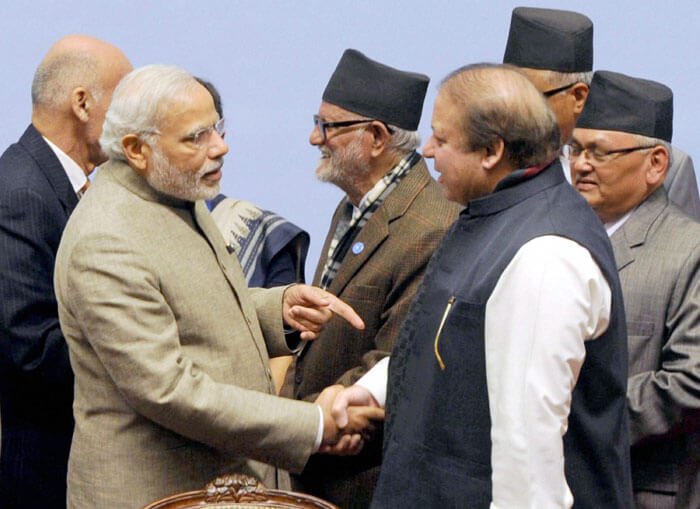
Second, as far as trans-border transgressions etc, are concerned, our reaction should be strong. I believe it already is. Maybe it can be stronger.
Finally, I would suggest action on the ground. Let’s frustrate the China-Pakistan Economic Corridor. Let’s help or encourage the Balochis morally or otherwise.
SW: How has India dealt with the cases of Pakistani citizens and spies?
JR: In India, the man will go to the court. There’ll be judges. He’ll get a trial. If a confession like Jadhav’s, extracted by Pakistan, comes before an Indian court, they’ll throw it out. The court will say that we don’t have any evidence that this confession was made while he was not under duress.
We saw even the Kasab’s case, it’s not the same thing, but see how long it dragged on. You can’t compare the two systems. There are Pakistani spies with us.
But Pakistanis have a different view. In Kargil, they refused to accept their dead. Musharraf refused to accept that they were his soldiers and we buried them. Even if Jadhav is an intelligence man, the manner in which it’s being done, is wrong. I am not saying don’t punish him but at least follow a proper procedure.
SW: How should have Pakistan gone in this case to convince India that Jadhav is an Indian intelligence man?
JR: There are limits on convincing. They may even have watertight case and we will say he’s not our man. So forgot the fact of convincing.
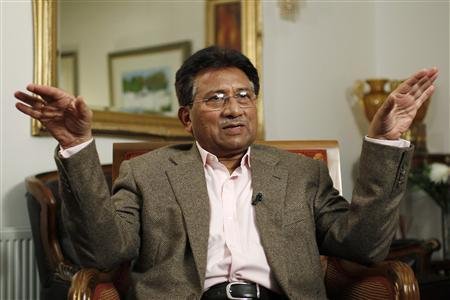
If they pick up an Indian national, the first thing Pakistan should do is to at least inform the Indian embassy. And what’s the harm in granting him consular access? Let the Indian officials go and talk to him. Let them satisfy officials whether he’s being treated well or not. These are basic human things. In any case, they are going to put him on trial but at least these human procedures, should be followed.
SW: What if Pakistan decides to release Jadhav? Wouldn’t it change the entire equation?
JR: It’s a very good question. If Pakistan does do it, they will take it to the end. Let’s assume Pakistan releases him, citing there’s no evidence and asks India to take him back, there’ll be an immediate drop in tension between India and Pakistan.
Pakistan will certainly hope to gain an advantage once the tensions have eased. In a way, they might end up giving the Modi government a slight lift. So Pakistan will then expect something in return. That could obviously be the game.

















